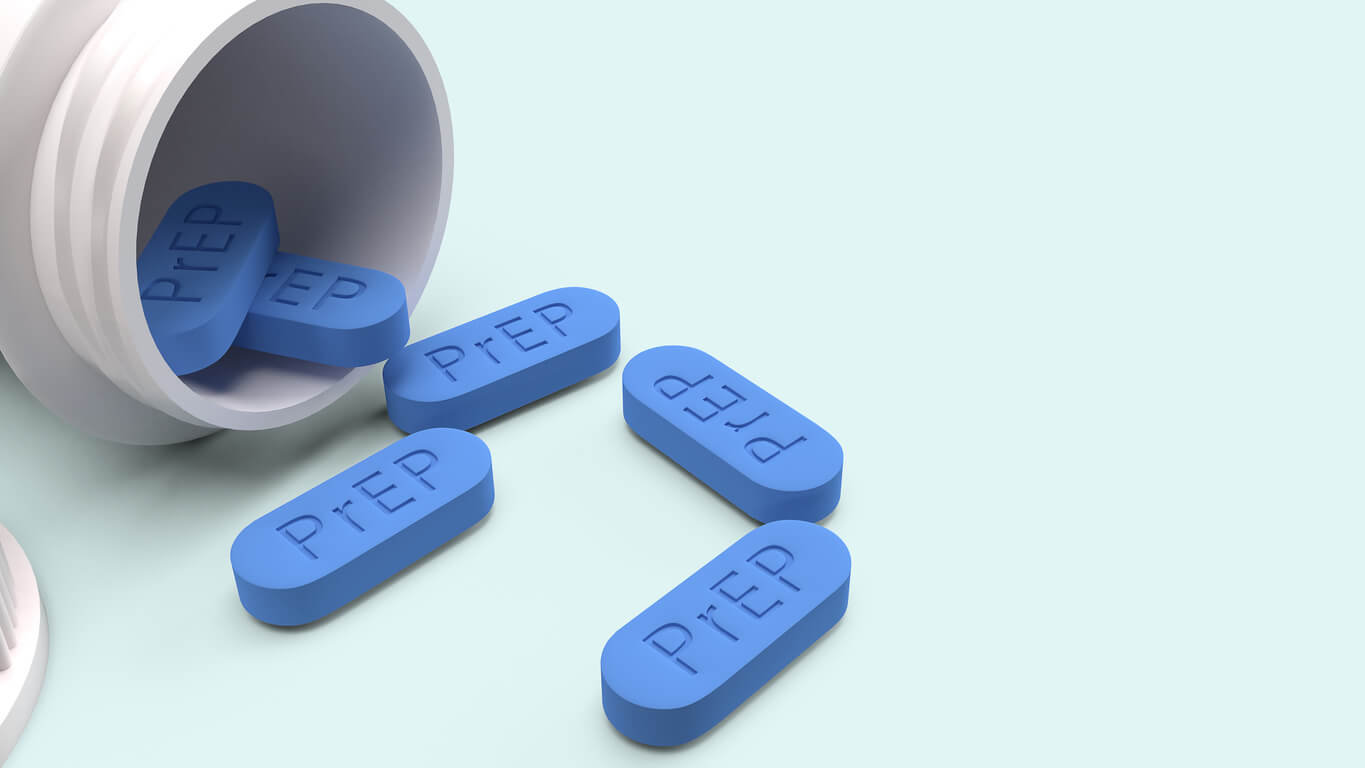Blue Shield Drops CVS for Cost Plus Drugs, Amazon
One of California's largest health insurers has dropped CVS for transparently-priced alternatives Cost Plus Drugs and Amazon
In a significant healthcare industry shake-up, Blue Shield of California - one of the state’s largest health insurers - has made the decision to restructure its pharmacy benefit. Despite a long-standing relationship with CVS’s Caremark, they are hiring a new Pharmacy Benefits Manager (PBM), Abarca, and adding services from Mark Cuban’s Cost Plus Drugs and Amazon Pharmacy for mail order delivery (largely for generic drugs). This move has sent ripples through the industry and has prompted questions about the future direction of healthcare services.
We spoke with Sesame co-founder and president Mike Botta, Ph.D., to discuss the details of this decision and what it could represent for the healthcare industry as a whole.
Why did Blue Shield of California drop CVS Caremark?
According to Blue Shield’s CEO, the partnership with these three new partners is estimated to save the insurer about $500 million a year and is aimed at ensuring more transparent, less expensive drug prices for its customers. The new approach will enable members to view drug prices in real-time and allow them to make informed decisions about their health.
“This decision is fundamentally a cost-cutting move, and likely designed to put pressure on CVS Caremark - who will still be a partner for specialty pharmacy, which is a large share of overall drug spending for Blue Shield and its members,” says Botta. “PBMs like CVS Caremark are essentially the middleman between pharmacies and health insurers, and some have been scrutinized for non-transparent price-inflation practices. Replacing that well entrenched middleman with a new solution is certainly going to get attention.”
This decision has already had significant financial repercussions; following the move, CVS shares saw a drop of about 9%. Shares of several other health insurers that offer PBM services, Cigna and United Health Group, also dropped. This indicates the impact of Blue Shield's decision on both the stock market and the PBM sector at large.
What does this mean for the healthcare industry?
This decision by Blue Shield suggests a potential shift in the industry landscape. Traditional PBMs have been the go-to for insurers for years. However, with the demand for more transparency and affordability in the drug pricing arena, insurers might now be more inclined to explore alternative options.
“It's interesting to see large insurers moving away from entrenched partners for even core services like drugs,” says Botta. “It shows there is real value to be found from new entrants offering clear, affordable pricing to everyone. Generic drugs aren’t a large cost driver for insurers, but PBMs control the flow of information for drug purchases, so any shift towards a tech-enabled competitor signals payors are looking for novel approaches.”
As digital startups start to see traction among existing players, there's a possibility that more insurance companies will reevaluate their partnerships. This could lead to increased competition, potentially driving down premiums and medication costs for consumers.
Transparent pricing models have already seen significant success on cash-pay, direct-to-consumer marketplaces like Sesame, where up-front appointment pricing allows consumers to know what they’re paying for medical services before they book. This drives competition, which keeps prices low while ensuring high-quality medical services. Case in point:The average cost of a primary care appointment on Sesame in 2022 was just $37.
Blue Shield’s decision to shift towards a new model for pharmacy care underscores both the power of consumers and the value of pricing transparency. But above all, it hints at a glimmer of hope for consumers who have long grappled with unpredictable, exorbitant costs – and a market that's ripe for transformation.








